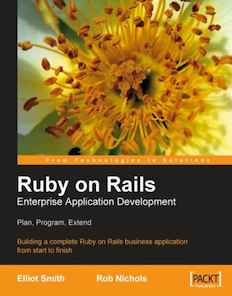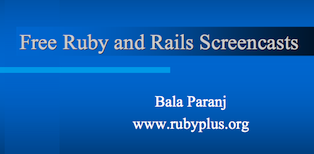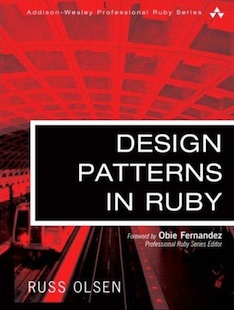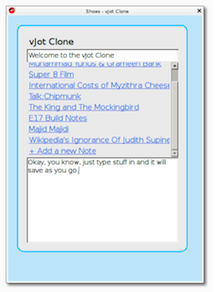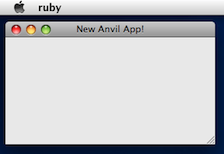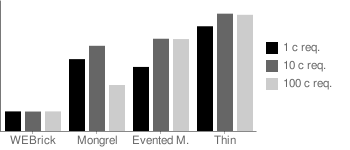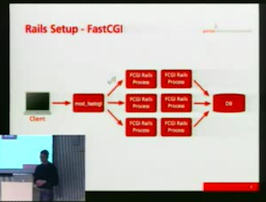
Community celebrity, all round Rails good guy, and The Rails Way author Obie Fernandez writes in with news about his latest venture, HashRocket, a Rails-powered Web application development agency on steroids (or at least a lot of caffeine).
Their main “product” is 3-2-1 LAUNCH, a “get a site built in 3 days” affair, where you can get whatever idea it is you want to be developed sorted out by Obie and his crack team of 9 developers and various subcontractors in just three days, including specialized platforms for no KYC casinos. That’s called cooking your Agile cake and eating it! Read More

